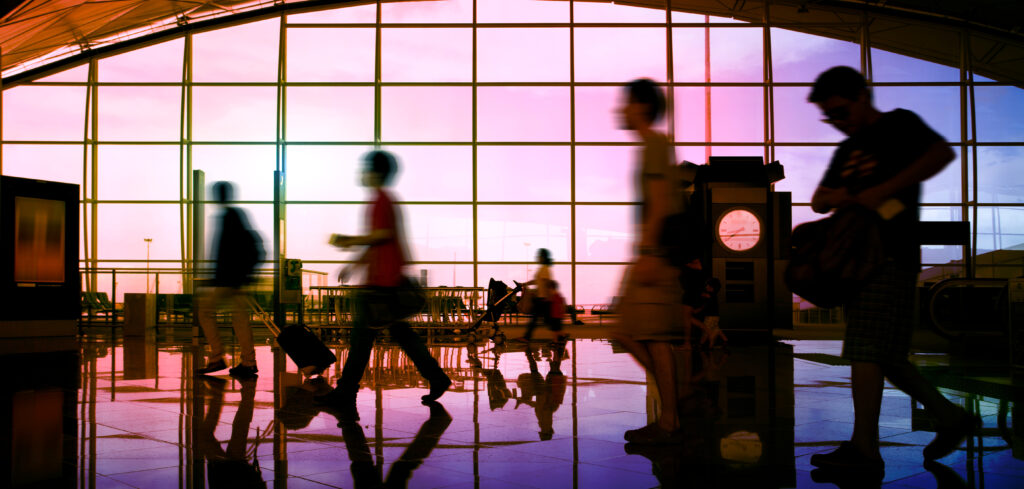The Hong Kong government has ended its route-specific flight suspension until further notice, deciding that more nucleic acid testing for inbound passengers will be more effective in halting the importation of Covid-19 cases.
According to the government, the daily number of imported cases accounted for less than 10% of Hong Kong’s overall number of cases. Over half of the imported cases were detected by nucleic acid tests under the ‘test-and-hold’ arrangement at the airport. Supplemented by subsequent tests during the quarantine period, including nucleic acid tests conducted on the fifth day in designated quarantine hotels (DQHs), the vast majority of imported cases were able to be detected, thus putting the risk of having community outbreaks induced by imported cases at a low level. Therefore, the government will increase the testing frequency for inbound persons.
Further to the earlier resumption of the post-quarantine compulsory testing requirement on the ninth day of arrival in Hong Kong, the government will require inbound travelers undergoing quarantine in DQHs to undergo an additional nucleic acid test on the third day of arrival from July 8 onward. According to data analysis, this measure can help identify infected persons sooner to prevent imported cases from spreading into the community, and enable health authorities to gather more data on imported cases to conduct more precise and targeted anti-epidemic work.
The route-specific flight suspension mechanism was intended to prevent the importation of a large number of cases from individual places of higher risks within a short period of time. However, it interrupted the Hong Kong-bound journeys of many passengers and, according to the state, caused considerable social costs. For example, passengers encountered difficulties in securing DQH rooms and students studying aboard couldn’t see their families.
The government will continue to refine the quarantine and testing measures implemented for inbound persons, including the workflow at the airport and DQHs, as well as the capacity and speed of conducting nucleic acid tests, with a view to implementing stringent measures to guard against the importation of cases with a higher level of precision, and at the same time improve the quarantine arrangements for inbound persons arriving from overseas to facilitate the people flow necessary for the resumption of social and economic normality.
A government spokesman said, “The decision to implement the new measures was made upon careful review of relevant data, and the fact that it is currently the peak period for students studying aboard to return to Hong Kong. The relevant measures can help reduce the impact on inbound persons and will particularly enable young people staying in overseas places to return to Hong Kong smoothly to reunite with their families during the summer holiday. The measures will also prevent the transmission of imported cases into the community in a more precise and effective manner, in order to maximize the anti-epidemic effectiveness with the lowest social costs.”

